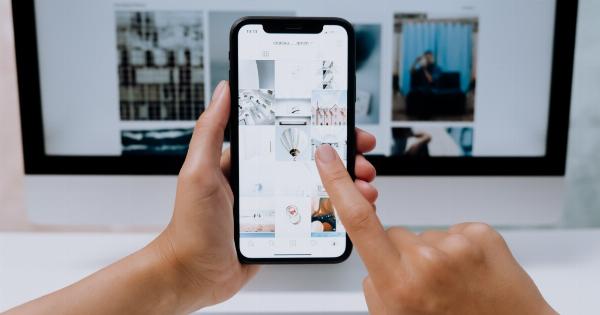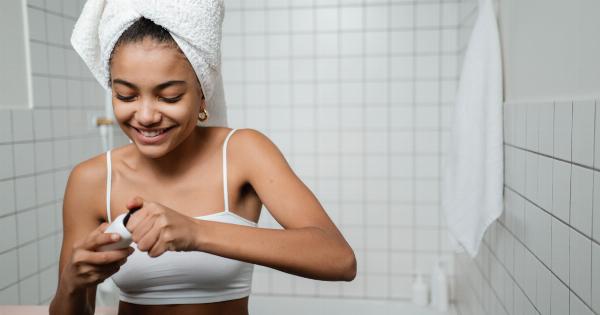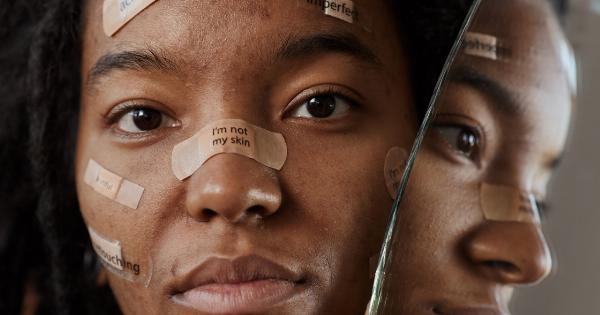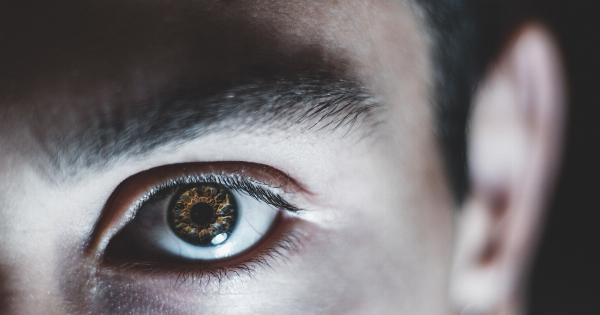Acne is a common skin condition that affects millions of people all around the world, and it can manifest in many different ways.
Some people have severe acne that is easy to see, while others experience what’s known as “unseen acne” – a type of acne that is hidden beneath the surface of the skin.
If you’re struggling with unseen acne, it can be challenging to identify and treat the problem. In this guide, we’ll take a closer look at what unseen acne is, what causes it, and what you can do to treat and prevent it.
What is Unseen Acne?
Unseen acne is a type of acne that occurs beneath the surface of the skin.
It is also often referred to as “closed comedones” or “whiteheads.” Unlike blackheads, which are visible on the surface of the skin, whiteheads are small, closed bumps that form when pores become clogged with oil, dead skin cells, and bacteria.
Unseen acne can be tricky to spot, as it doesn’t always cause redness or inflammation on the surface of the skin. Instead, these bumps may feel hard or rough to the touch, or they may be barely visible on the skin’s surface.
What Causes Unseen Acne?
Unseen acne can be caused by a variety of factors, including hormonal imbalances, genetics, and poor skin care habits.
One of the primary causes of unseen acne is an overproduction of oil in the skin, which can clog pores and lead to the formation of whiteheads.
In addition to excess oil production, unseen acne can also be caused by a buildup of dead skin cells on the surface of the skin. When these dead skin cells accumulate, they can trap oil and bacteria in the pores, leading to the formation of whiteheads.
How Can You Treat Unseen Acne?
If you’re struggling with unseen acne, there are several things you can do to help clear up your skin. Here are a few tips:.
1. Stick to a consistent skin care routine
Establishing a regular skin care routine is essential for treating unseen acne. Be sure to cleanse your skin twice daily with a gentle, non-comedogenic cleanser that won’t clog your pores.
Follow up with a lightweight, oil-free moisturizer to help keep your skin hydrated without adding excess oil.
2. Exfoliate regularly
Exfoliating your skin a few times each week can help remove dead skin cells that can contribute to unseen acne. Look for a gentle exfoliating scrub that contains salicylic acid, which can help unclog pores and reduce inflammation.
3. Use products containing benzoyl peroxide
Benzoyl peroxide is a powerful acne-fighting ingredient that can help target unseen acne. Look for a spot treatment or face wash that contains benzoyl peroxide, and use it as directed to help clear up whiteheads.
4. Avoid picking or squeezing your acne
Picking or squeezing unseen acne can cause bacteria to spread, leading to more breakouts and potentially scarring your skin. Instead, focus on treating your acne with consistent skin care and spot treatments.
5. Consider seeing a dermatologist
If your unseen acne is severe or doesn’t respond to over-the-counter treatments, it may be time to see a dermatologist.
A dermatologist can help evaluate your skin and recommend prescription-strength treatments, such as topical retinoids or oral medications, to help clear up your acne.
Preventing Unseen Acne
Preventing unseen acne starts with establishing good skin care habits. Here are a few tips to help keep your skin clear:.
1. Wash your face regularly
Cleansing your skin twice daily can help remove excess oil, dirt, and bacteria that can contribute to unseen acne. Use a gentle, non-comedogenic cleanser to avoid clogging your pores.
2. Use oil-free moisturizers and cosmetics
Using oil-free or non-comedogenic moisturizers and cosmetics can help prevent clogged pores and unseen acne. Look for products that are labeled “oil-free” or “non-comedogenic” to ensure they won’t clog your pores.
3. Practice good hygiene habits
Washing your hands regularly, changing your pillowcases frequently, and avoiding touching your face can all help prevent the spread of acne-causing bacteria on your skin.
4. Eat a balanced diet
While there’s no single food that causes acne, maintaining a balanced diet that’s rich in fruits, vegetables, and lean proteins can help support clear skin.
5. Manage stress levels
Stress can contribute to acne by triggering the release of hormones that increase oil production in the skin. Practicing stress-management techniques, such as meditation or yoga, can help keep your stress levels in check to reduce the risk of acne.
The Bottom Line
Unseen acne can be a frustrating and challenging condition to deal with, but by establishing good skin care habits and using the right treatments, you can help clear up your skin and prevent future breakouts.
Be patient and consistent with your skin care, and don’t hesitate to reach out to a dermatologist if you need additional support.






























